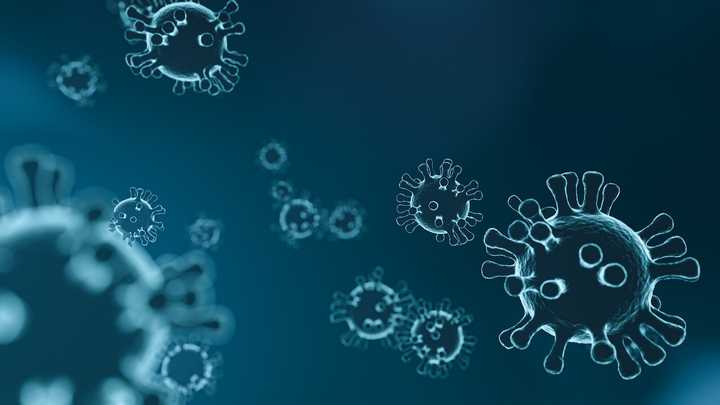Health officials in the US are calling the BA.2 strain a “subvariant of concern" as countries overseas have seen the number of new cases spiking in China and parts of Europe.
In the region, which includes New York, according to the CDC, the “stealth” Omicron variant now accounts for 84 percent of new cases statewide, up markedly from the previous week, when the figure stood at approximately 70 percent and 52 percent the week prior to that.
The data from the CDC includes New York, New Jersey, Puerto Rico, and the Virgin Islands.
Nationally, over the past two weeks, the BA.2 subvariant has been attributed to more than half of all new COVID-19 cases.
According to the World Health Organization (WHO), Omicron, which is known as B.1.1.529, has three sub-variants: the original BA.1 strain, the “stealth” BA.2, which is picking up steam, and the more elusive BA.3.
The new “stealth” variant - named for its difficulty to identify due to a lack of certain genetic characteristics - quickly became a concern after it made its way from Europe to the US and rapidly began spreading.
Health officials previously said they are chiefly concerned that the virus could spread among older Americans, with upwards of 28 million seniors still at-risk for severe COVID illness due to being unvaccinated, only partially vaccinated, or unboosted against the virus.
“It's really looking at that older age group and how much prior immunity they have, either from previous infection or vaccination, that I think has been the best indicator so far of how severe a given number of cases is going to end up being in terms of hospitalizations and deaths," Stephen Kissler, who specializes in infectious disease modeling at Harvard's TH Chan School of Public Health, previously said to CNN.
Click here to follow Daily Voice Mahopac and receive free news updates.

